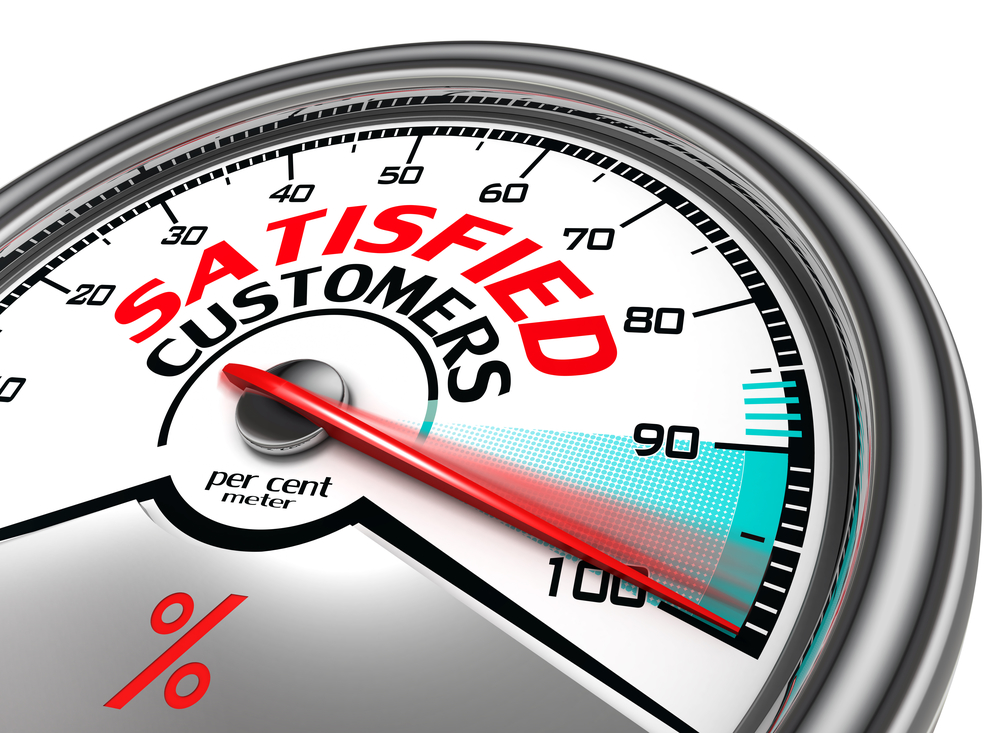Unless you’ve been in the industry for a while, or you happen to have a lot of experience in taking out loans, it can be very intimidating to know how to choose the right one. Fortunately, there are loan brokers who are there to help get you the right loan with the best rate and most fitting terms for your situation. However, not all loan brokers are equal when it comes to their knowledge and success rates. So how can you know which loan broker to go with? Here are 3 criteria to consider when choosing your loan broker.
1. Their Experience and Track Record
You wouldn’t want to have surgeon performed by a doctor who has only had his title for a few days, would you? The same should go for the person you trust to get you the best small business loan for your company. You should look into the loan broker’s past, including his education and previous work experience, to see just how much experience he or she has had in their position. Also, you’ll want to check their credentials and make sure that they are legally working in your state, as each state has different levels of requirements in order to broker loans.
2. Their Payment Model
Of course, you will have to pay for the services of a loan broker, but not all brokers charge the same amount of money in the same way. For example, just like with a loan itself, you might have to pay the broker up front, before any work is started on your behalf. This could mean a no refund policy, even if he or she does not successfully obtain the loan for you. Others will charge their fee only after you’ve signed for the money.
3. Their Relationship With Lenders
Just because you’ve paid a loan broker to act on your behalf, does not mean that you are his only client. In fact, there is a good chance that your broker is also working for certain specific lenders, which he or she may favor and therefore direct you toward, even if the lender is not the best loan for you. Try to double-check that your loan broker is acting in your best interest, and not in the interest of a big-time lender who will probably give him or her a cut of the money when he gets a signature from you.
Getting a loan can seem scary, but with a trustworthy loan broker, your life will be a lot easier. Just make sure to do your research first, so you don’t find yourself signing for a bad deal.
Ready to take the first step to reaching your financial goals? Click here for a FREE quote from Onebox Funding, and find the best loan with the lowest rates, today!








